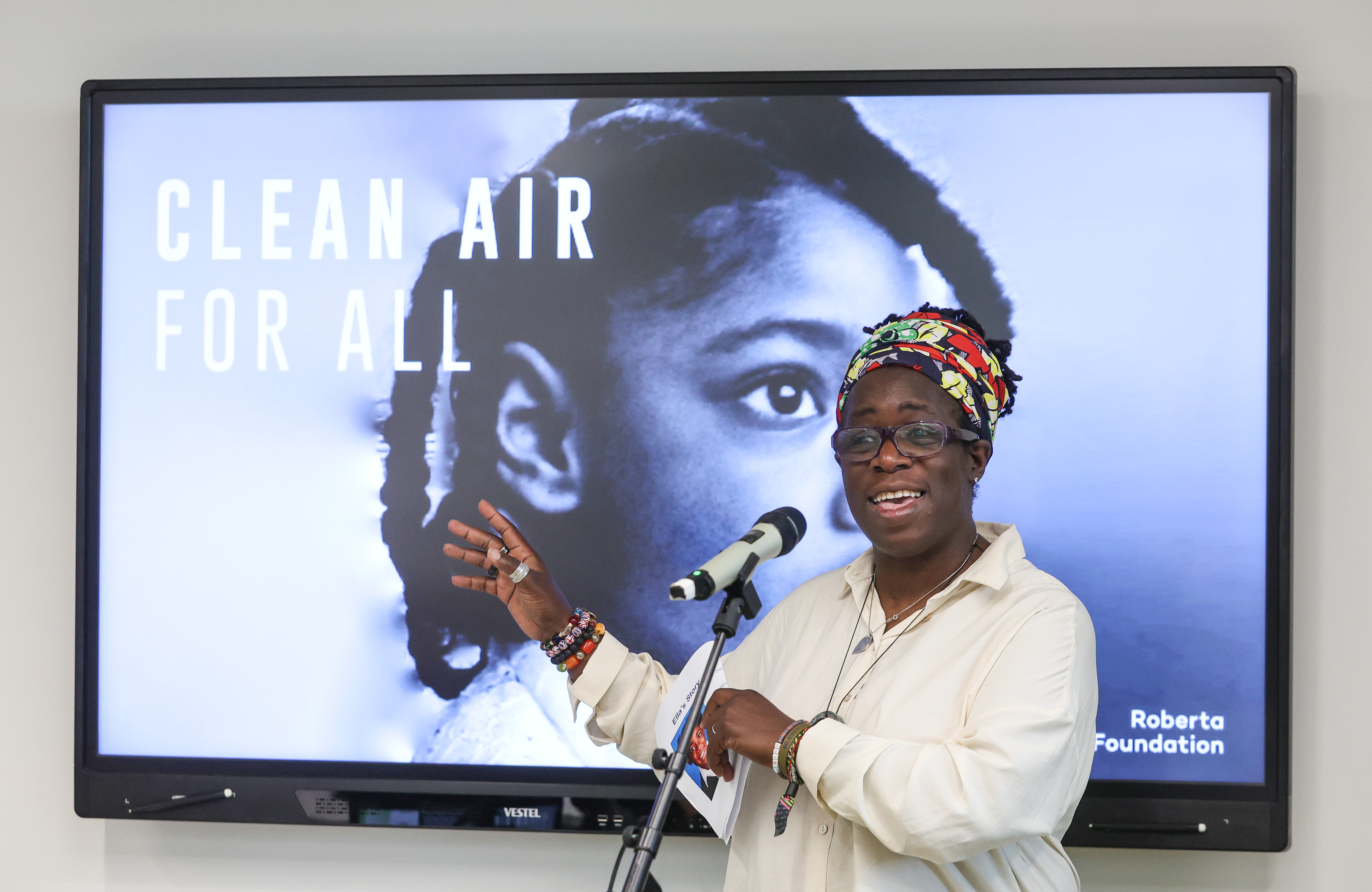Nina Barratt, Wessex Health Partners Programme Coordinator, reflects on the first year of Clean Air South
Over the last year, I have been discovering just how much poor air quality is affecting us here in the South, and the facts are truly shocking. Put simply, polluted air is a major threat to all our health, and for some it is a silent killer. Poor air quality is linked to up to 43,000 deaths a year in the UK.
In Wessex we have air pollution challenges from shipping, wood burning, transport and farming. This is an issue which severely exacerbates health inequalities. Those living in areas of deprivation are more likely to be breathing dangerous air than those living in more affluent areas. These people are more likely to have long term medical conditions, making them even more vulnerable to the effects of breathing pollutants.
Air Quality is increasingly recognised for detrimental health impacts right across the life course. Like tobacco smoking, toxic damage occurs across a lifetime from conception to the end of life. Sir Professor Stephen Holgate, a leading campaigner on this issue, speaks of this and its known effects on almost every organ in the body, causing increased risk of respiratory disease, cardiovascular diseases and dementias.
An issue this complex cannot be tackled by one single organisation working alone. Here at WHP, it’s our job to bring people together to accelerate improvements in health and care through research and innovation. Working beyond organisational boundaries and across the region gives us access to an amazing range of environmental and health data as well as deep local community knowledge.
Conversations began with WHP, experts at the University of Southampton (UoS), local NHS organisations and local authorities about joining forces in a new way. This approach also matched the University's strategic commitment to being a Civic University in collaboration with regional partners.
Clean Air South (CAS) was born.
In January of this year we held our first meeting, jointly hosted by WHP and the Sustainability and Resilience Institute (SRI) | University of Southampton. There was a real buzz in the room, and a genuine appetite to work together. We agreed on three ambitious aims for CAS:
- Address the causes of pollution
- Develop effective treatments for those affected
- Help prevent the impact on health of polluted air for generations to come
The next step was to base all future action on evidence. Sue Littlemore, Director of the Civic Centre at University of Southampton, recognised that we needed to build a greater understanding of the impacts of polluted air on our region and identify gaps in knowledge. A report was commissioned from the Civic Impact Fund, written by Professor John Boswell, former co-director of Centre for South at UoS, and Adam Meylan-Stevenson, Senior Policy Associate at UoS.
In July, we came together again to reflect on these initial findings. Here we were delighted to welcome international clean air campaigner Rosamund Adoo-Kissi-Debrah CBE as keynote speaker. Rosamund’s nine-year-old daughter Ella Roberta died in 2013 due to illegal levels of air pollution. The family lived just 30 metres from London’s South Circular Road, one of the most polluted roads in Europe. In the years since, Rosamund has become one of the most powerful voices in the air pollution debate.

She told us, “Air pollution is a pandemic killing more people than Covid. My daughter died a horrible death and children continue to die from asthma. It is our right to breathe clean air and we will keep battling to be heard.”
Rosamund’s personal story was a powerful reminder about the personal toll of poor air, and the importance and urgency of our work. Such a high-profile visitor attracted significant media interest, and we were blown away by the press coverage, including an extended ten-minute slot on BBC South Today, ITV Meridian and this BBC online story. We made our own short video about this meeting which you can watch here.

Sir Stephen Holgate is interviewed by Sally Taylor on BBC South Today
We are now eagerly looking ahead to the official launch of our report, “An evidenced-based exploration of air quality in the central south and how we might improve it” on Tuesday 14th January 2025.
The launch event will aim to use feedback from the report, and those in attendance, to understand how different sectors can best engage and work with the CAS network to define priority areas going forward.
This will build upon the CAS workstreams already in progress:
- CAS Data Hub: Professor Christina Vanderwel will work closely with CAS, Wessex SDE, and others, to build a data hub to link Environmental Data with Health Data
- Health Inequalities: WHP is developing an Air Quality Academic Theme. We have held the first of several workshops, scheduled to facilitate the development of research questions, and turn them into viable grant applications, with the aim to investigate the impact of poor air quality on health and wellbeing.
What a year!
The clear interest and drive for improvement across the organisations in this area has been phenomenal to see. From small conversations at the tail end of 2023, to growing a network of more than 100 members, the success of CAS to date, is testament to the commitment of colleagues across Wessex to really make a difference in this area.
If you would like to register for the launch event on Tuesday 14 January 2025, please click here.
-
Sir Stephen Holgate is interviewed by Sally Taylor on BBC South Today
-
Rosamund Adoo-Kissi-Debra addresses Clean Air South



